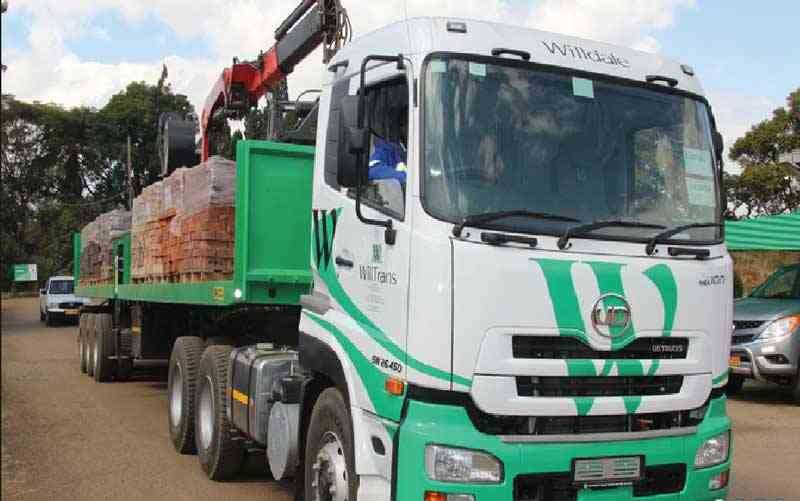
Audrey Galawu
Agricultural firms struggle more than firms in other sectors to deliver their product beyond the borders, the International Trade Centre has reported.
According to ITC, 58% of firms in the agricultural sector reported high logistics costs, compared to 47% in manufacturing and 40% in services.
Overall, 67% of firms perceive the quality of logistics to be low or average, and 48% believe the cost of these services to be high.
Approximately 30% of Zimbabwe’s firms have managed to consistently deliver 100% of their outputs on time, with the rest failing due to challenges in transport networks and logistics systems affecting the timelines of delivery.
In a report titled “Promoting SMEs” launched last week, ITC stated that timeliness in output delivery is crucial for firms, as it ensures customer satisfaction, strengthens participation in value chains and facilitates efficient resource allocation.
“Firms in Zimbabwe reported delivering, on average, 79% of their goods or services on time in the last year.
“Logistics is a key element in the economic growth and development of any country, including Zimbabwe.
“It pertains to several aspects used to move goods across the supply chain, including transportation, storage, information and communication systems, and distribution.
“It is even more important in a landlocked country like Zimbabwe, where transport and logistic issues are aggravated by the country’s geographical configuration,” reads the report.
Related Stories
ITC argued that logistics chali tend to be greater for producers of seasonal and perishable commodities, especially when long distances are involved.
Farmers in Zimbabwe often encounter barriers to these services due to excessive charges and poor handling, which reduces their profit margins
“Moreover, due to lower volume and frequency of trade, farmers and smaller firms tend to face higher fixed costs than larger firms when trading within and across borders.
“Thus, the smooth operation of agrifood value chains and the prevention of agricultural produce wastage rely heavily on efficient logistics services,” further reads the report.
Speaking to Zim Now, Young Farmers Collective vice chairperson Clive Munakandafa said dealing with fragile and perishables is difficult and being timely with the produce is essential.
“It is certainly true that the agricultural sector hasn’t been spared with regards to the transportation of our produce. Our biggest challenge is especially because of how fragile and perishable these goods are and therefore correct handling and timeous delivery is of the utmost importance.
“There is a shortage of specialised vehicles in this regard and this affects the quality and lifespan of the delivered product to markets, especially in the hotter months.
“It is also unfortunate that purchasing these vehicles is also beyond the cost of the individual farmer as most are small scale producers and though it would be extremely advantageous for them to own their own means of transportation so as to cut operational expenses, they simply do not have that capacity in the short to medium term.
To further compound the situation our financial institutions are not currently offering loan instruments that would be viable options for the small scale farmers.
“One possible solution to these challenges would be farmers forming cooperatives and either contract transporters as a group and benefit from lower overall costs or even purchase their own vehicle as a group. This has an almost immediate benefit for the farmer as they are now able to plan their harvest and delivery schedules according to the market needs and thus achieving a higher profitability,” he said.
Munakandafa said he firmly believes that if farmers were to seek professional advice from the various institutions and farmers unions available at their disposal, they would be able to plan their enterprises better and achieve profitability in a much shorter period.



















Leave Comments